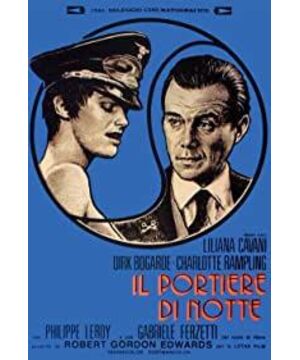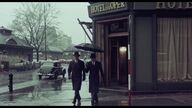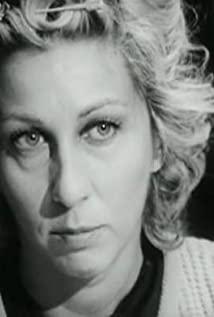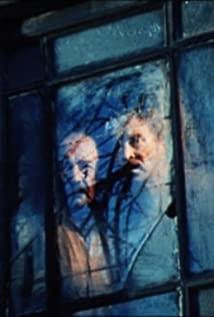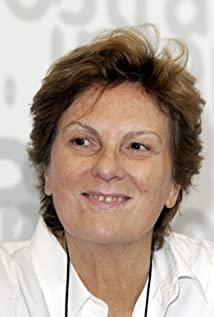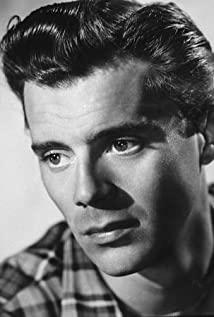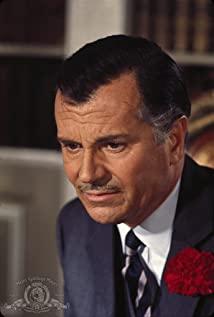"The Night Gatekeeper" is a Gothic horror film. There is no indication in the film that it wants to explore the truth about the Nazi concentration camps. On the contrary, the director uses the victims trapped in the concentration camps as the background of this creepy horror film. Just like a group of zombies, their role is to watch sodomy and silently participate in all kinds of sex scenes. The pornographic nature of the film, whether from a human point of view or from an aesthetic point of view, is annoying, because it lacks the minimum respect for people, and it is an insult to those who have experienced catastrophes. The film shows the sex in the doomsday concept. What it wants to show is that human sexuality is disgusting, and the animal nature of humans will appear from time to time. It uses the guilt of war to illustrate the guilt of sex.
.
"The Night Porter" caused intense controversy because it described the relationship between sexual abuse and abuse in the Nazi context. The focus of the debate is on whether the film is a profoundly anti-fascist work or a pan-human objectively defending fascism and beautifying sexual abuse, thus violating historical principles and even human nature principles. From the director’s interview, it can be seen that "The Gatekeeper of the Night" is neither a profound anti-fascist work, nor a work that defends fascism and glorifies sexual abuse. A personal experience and interpretation of sexual relations. The film is not so much an anti-fascist film as it is a film about sexual abuse and masochism set in a Nazi concentration camp. Although the film has been criticized in various ways, as an indoor psychodrama, "The Night Gatekeeper" has many unique artistic features. For example, it has sharp dramatic conflicts, tense and tortuous plots, and its narrative structure is rigorous and rhythmic. Bright and smooth, especially in the combination of documentary and fiction, the transformation and alternation of past and present, memories and reality, are handled cleanly, clearly and compactly. As a special work in film history, it has important research and appreciation value
.
The death at the end of "The Night Porter" is mostly based on the sexual abuse itself, deliberately downplaying emotional factors, and even the love for the hero and heroine is not mentioned, which makes the audience a little bit deceived. If this is the case, the word "erotic" in the film is simply changed, and it is not uncommon to call it "pornography". However, in fact, it seems that "sexual abuse" is just a cover. The subtle relationship between sex and love and the exploration of the inner world of the characters are the essence of the film. The death at the end of the film completes the awakening of self-consciousness and the liberation of self-souls of both sexes. The most exciting part of the film’s description of the relationship between men and women is the opera house. The scene switches back and forth between the stage performance, Lucia sitting in the front row, and Max sitting in the back row, forming a multi-level narrative space. It is then paved with the characters' hearts and flashback images, vividly depicting the protagonist's inner emotional world and the emotional communication between the characters. The music of Mozart's "Magic Flute" not only accompanies the sadomasochistic scenes in the concentration camps, but also reflects the passion that evokes the "reunion" of men and women in reality. The film uses human lens language to explain a little-known story. It may not be poignant or romantic, but it truly reproduces the inner world of marginal characters. The film uses sex to build the sustenance of human feelings, and uses death to guide this sustenance to the final destination. Although the critics do not all agree with the relationship between Max and Lucia in the film, they prefer to classify the film as purely sexual abuse, but this is not the essence of the film. As a female director, she doesn't just want sex to dominate and sing a one-man show. She tries to avoid some direct sexual behaviors, and uses a ritual style to describe sex and sexual intercourse. Moreover, the special delicacy of the director's female makes the story of the film eloquent, and the emotional communication and the exposure of the character's personality are integrated.
The political meaning of the film is actually very weak. The director set the location of the story in the neutral zone of World War II-Vienna, in order to draw a clear line from politics. She is not willing to let such a sensitive topic have a relationship with sex. And even less willing to let the film become too entangled in politics. Although the so-called "Nazi Restoration" and other comments appeared endlessly after the film’s release, they were all exaggerating the political intentions and tendencies of the film. The method focuses on the exploration of the complex aspects of human nature. In addition, while the film tells about sex, love and death, it also reveals the director’s distrust of society. All the people living around Max pushed two people to death step by step, and they all pushed them off the cliff. Executioner. In such a deceitful environment, sex becomes the only thing that is still pure, and the protagonist also naturally relies on orgasms to make love burst out. Of course, although the director’s distrust of society also led to the final tragic tone of the film, the awakening of the characters and the rebirth of death made the light sadness at the end reveal a little bit of light, and also made the film more intriguing.


